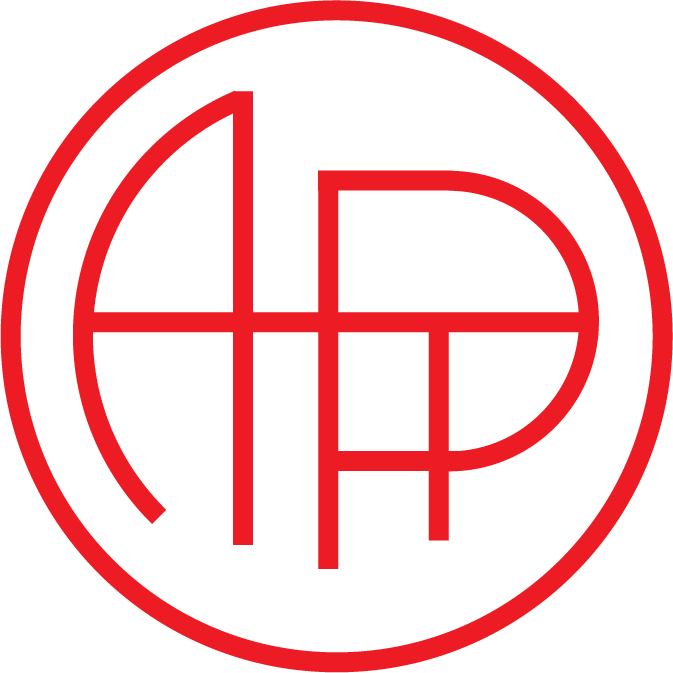A Workshop at the OAPT Conference Workshop, Saturday, May 13
Chris Meyer
One of the most frustrating experiences I have had as a teacher is understanding why my students are not improving. I spend a lot of time and energy designing new and hopefully improved lessons for my students. I try to emphasize key details that I know are tricky or problematic for students. I give them careful feedback on their assignments and tests. And yet, my students make the same exasperating mistakes over and over again— they show such little improvement! But perhaps I shouldn’t be surprised considering I have never specifically rewarded improvement.
What if
Growing Success has it wrong. Perhaps we shouldn’t be talking about assessment “for” learning, assessment “as” learning, or assessment “of” learning. What if assessment “is” learning? Assessment and evaluation (synonyms in my estimation and according to most dictionaries) form the rules of the learning game, rules that take the form of a system of rewards. In that light, we can view our students as intelligent agents, choosing behaviours that focus on the rewards of our short-term assessment cycles. You and I are no different: with scarce time and energy to allocate in our adult lives, how often do we dedicate those resources to lofty, distant goals, as opposed to what needs to get done tomorrow? And if there is no immediate need, do we ever get to it? Improvement needs to be incentivised so it becomes a habit. It needs to be both a short-term and long-term goal within our classrooms, otherwise tomorrow’s quiz in math class or Friday’s essay in English will understandably take priority in our students’ eyes. Only a very dedicated and mature student will focus on improvement when the one opportunity for reward is months away. Have you ever advised a struggling student after a test: “Take some time and go back and review these topics — you need to know this stuff for the final exam”? I have, and I recognize that it is like throwing a textbook, without a rope, to a drowning student.
I have spent years changing how I teach physics and now I understand that I need to change how I assess students. This short article is a teaser — a sneak peak at the workshop I will offer at our upcoming conference (time to
sign up!). Over the last year or so I have made many changes to how I assess my students, changes that focus on integrating improvement into the learning process. My starting point was realizing how rare it was that my students examined their own work and asked themselves, “How can I improve this?” Even when they did, many did not recognize what aspects of their work should be improved. Students are still novices after all, and don’t reliably know what high quality work looks like. This is the starting point of our workshop (still lots of space —
sign up for the conference!) where I share our strategies for student improvement, such as using rubrics in class for force diagrams and vector components. Group work is regularly shared and students are asked to search for improvements without my guidance. Students self-assess their quizzes and problem solving assignments, and are evaluated based on the quality of their original work and the corrections they make. Our tests are built around a small set of key skills. If students provide evidence of their efforts to improve those skills, they may choose to have skills re-assessed, replacing the original marks on their tests. Improvement is the only real goal of learning, so let’s make it a core part of our teaching.

 Students writing descriptive feedback for their own quizzes and problem solving assignments.
Students writing descriptive feedback for their own quizzes and problem solving assignments.
OAPT CONFERENCE 2017: May 11-13
Don’t miss this year’s conference at the Lassonde School of Engineering at York University. This year we are going beyond the cognitive domain and highlighting Affective Physics: Harnessing Emotion to Improve Learning. Come and see how you can alter your classrooms and lessons to improve student motivation, focus and confidence.
We have a full slate of workshops to choose from. Stretch your mind learning about
Gravitational Waves and
Quantum Computing. Find physics applications in
Forensic Blood Analysis and
House Construction. Discover useful technology with
Apps for Astronomy and
Video Conferencing. Strengthen your pedagogy with
Cooperative Groups and
Knowledge Building. Have fun with
Physics Games and
Crazy Demos.
The last day for early bird registration discount is Tuesday April 11, so don’t delay!
For more information and registration go to:
https://oaopt.wildapricot.org/Conference-2017Tags: Pedagogy


